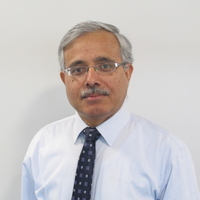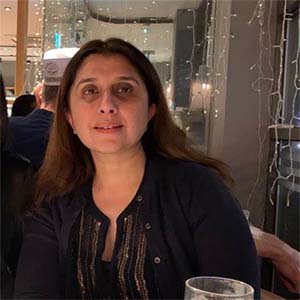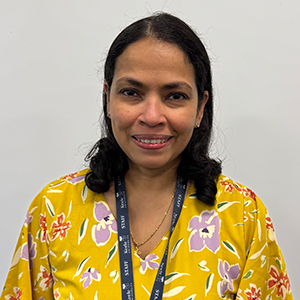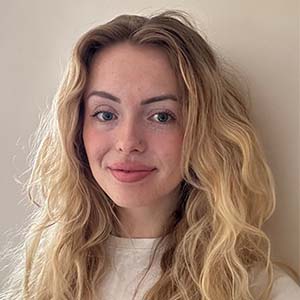The HOPE
Traditional healers working with primary care and mental health for early intervention in psychosis in adolescence: an intervention development and feasibility study
This project is led by Professor Saeed Farooq
The Global Mental Health research team at Keele University School of Medicine have been awarded funding by the Medical Research Council to carry out a 30-month research project in Pakistan which will aim to develop a culturally appropriate and targeted intervention for a young person first experiencing psychotic symptoms. The project is in joint sponsorship with Khyber Medical University (KMU), Pakistan.
In low- and middle-income countries (LMICs), more than half of patients with First Episode Psychosis (FEP) initially seek treatment from traditional and spiritual healers (TSH) as their first care. This contributes to an excessively long duration of untreated psychosis. It can take over two years for someone living in a LMIC to be diagnosed and treated for psychotic episodes – double the time it takes for someone in the UK. Interventions should, therefore, involve TSHs to work collaboratively with primary care practitioners and psychiatrists.
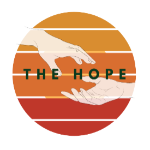
The HOPE programme – traditional healers working with primary care and mental health for early intervention in psychosis in adolescence – aims to develop a culturally appropriate and context-bespoke intervention for early identification, referral, and management of FEP in the adolescent population in Peshawar, Pakistan and evaluate its feasibility for implementation.
Professor Saeed Farooq said: “In order to provide timely and effective interventions, it is incredibly important to increase collaboration between traditional healers and primary care providers as they are typically the first port of call for the families of young people suffering from psychosis. We hope that this study will help to increase awareness in the community about early signs of psychosis so that young people can seek the help they need sooner.”
The study will be the first to develop and test a model of working with traditional healers using a rigorous randomised controlled cluster feasibility trial with a nested qualitative study to assess study recruitment and acceptability of the intervention.
The HOPE will consist of four work packages:
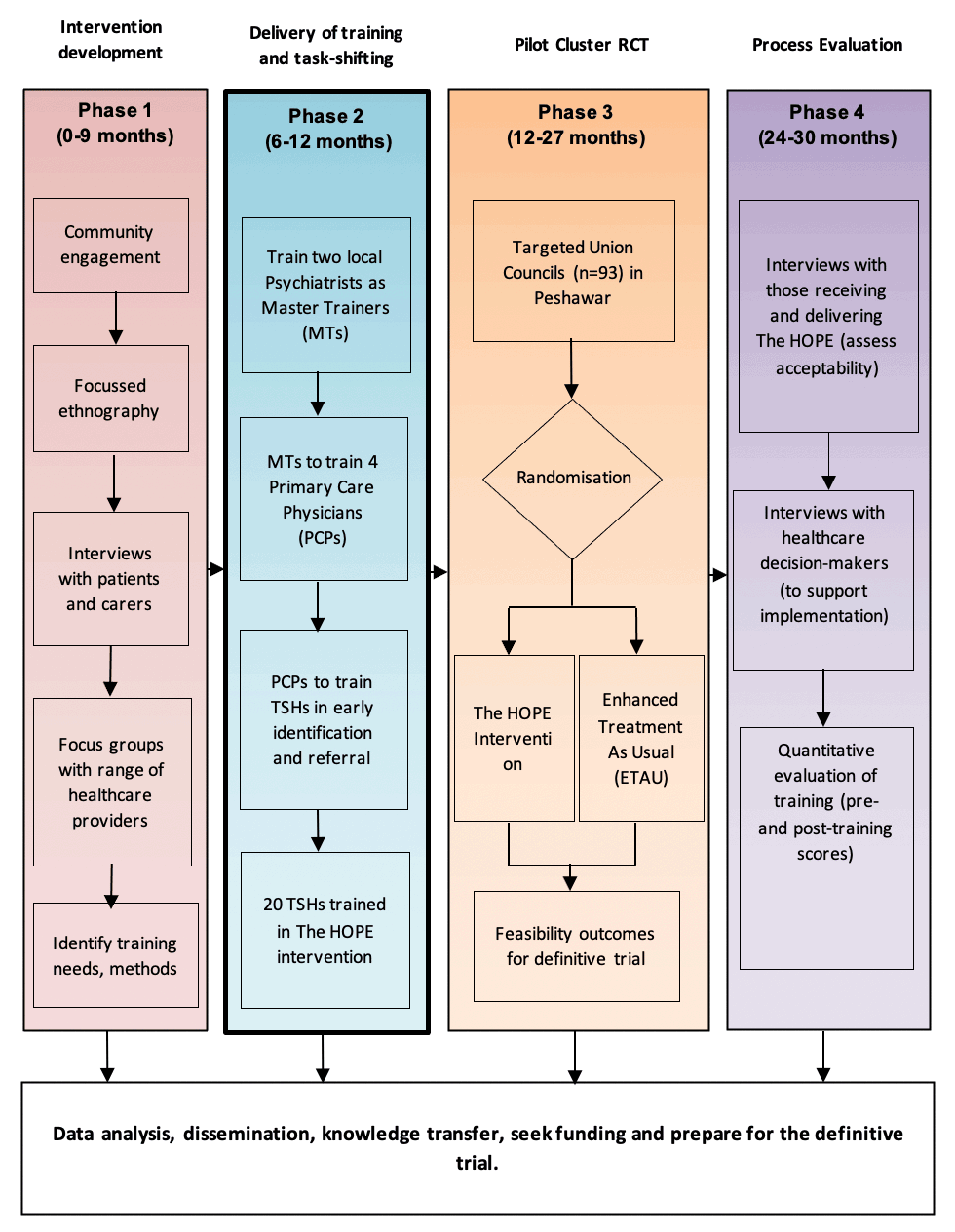
Community engagement is a major element of The HOPE project. Engagement activities have been carried out in Peshawar to create awareness among the local communities regarding psychoses, learn how to identify a psychoses patient, and highlight the importance of early identification, referral and management of first episode of psychoses in the adolescent population. Participants of the community engagement sessions act as a support group for the psychosis patients and are expected share their learnings from the sessions among their families, friends, and their communities. To get an insight into TSH routine practice, field trips were also conducted by The HOPE team. TSHs expressed their willingness to co-operate and to be a part of The HOPE study and their appreciation to have a clear pathway to be able to refer mental health patients for clinical advice.
Study updates
Launch Event: The HOPE trial was launched at Khyber Medical University, Pakistan in February 2023.
The trial was registered on the ISRCTN Register in February 2023. This can be found at: https://doi.org/10.1186/ISRCTN75347421
Trial start date: Phase 1 of The HOPE began on the 3 April 2023.





